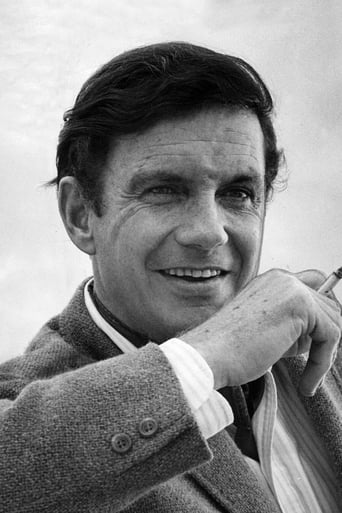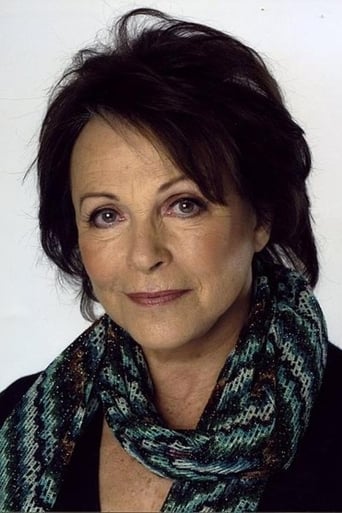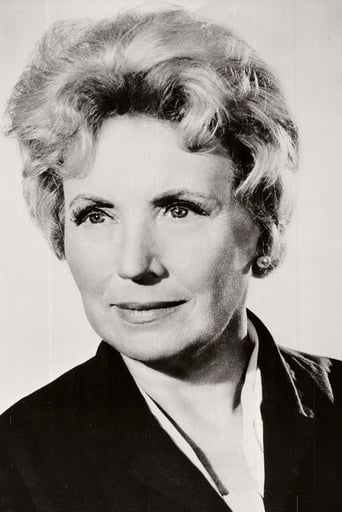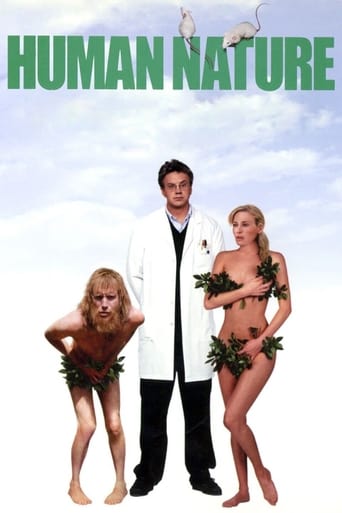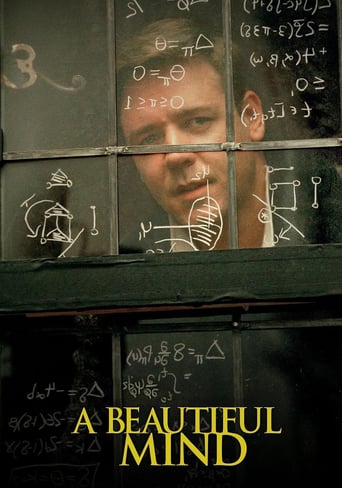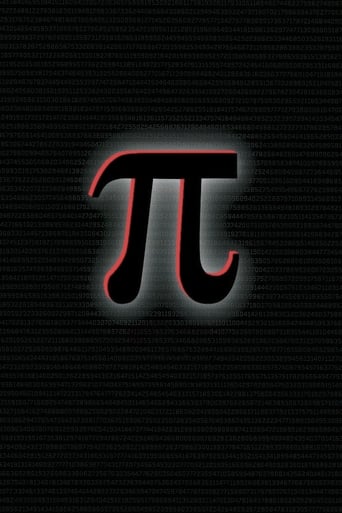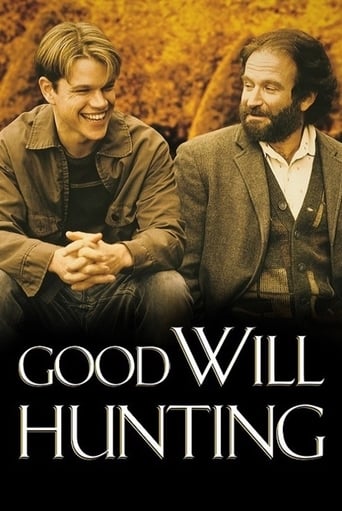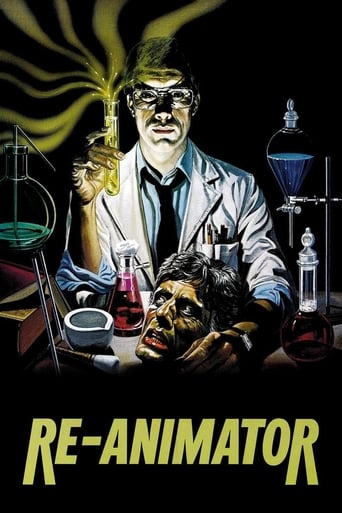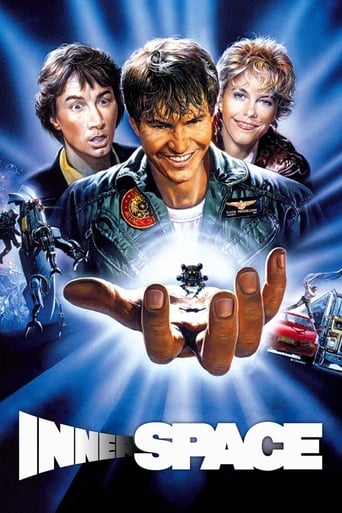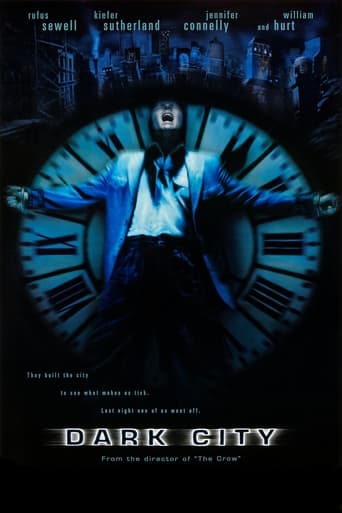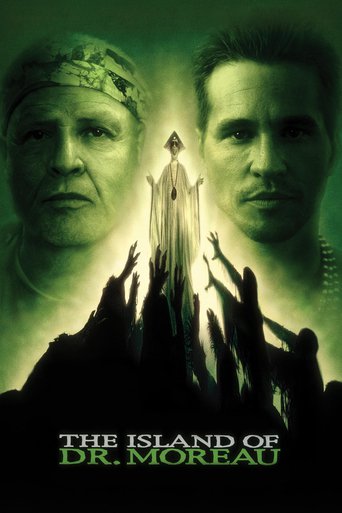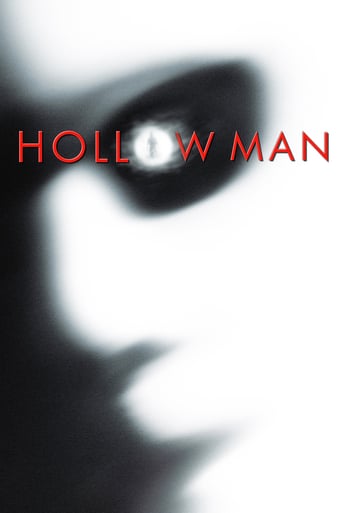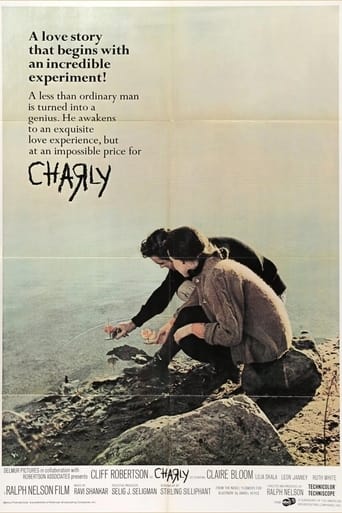
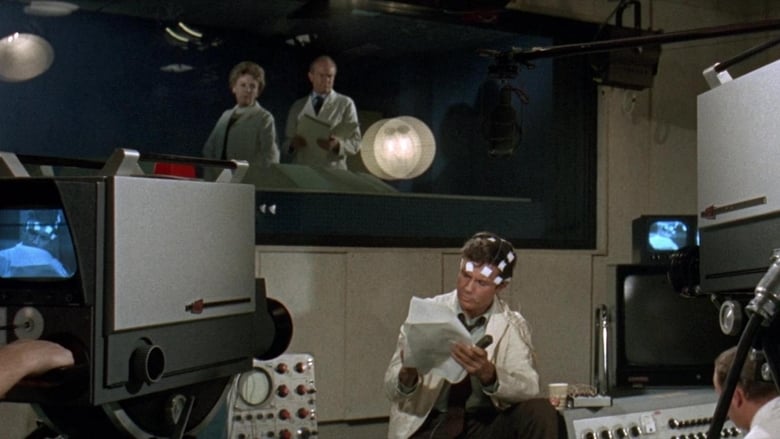
Charly (1968)
An experiment on a simpleton turns him into a genius. When he discovers what has been done to him he struggles with whether or not what was done to him was right.
Watch Trailer
Cast


Similar titles
Reviews
Surprisingly incoherent and boring
It's fun, it's light, [but] it has a hard time when its tries to get heavy.
Great movie! If you want to be entertained and have a few good laughs, see this movie. The music is also very good,
I enjoyed watching this film and would recommend other to give it a try , (as I am) but this movie, although enjoyable to watch due to the better than average acting fails to add anything new to its storyline that is all too familiar to these types of movies.
Read Flowers for Algernon and like most readers was captivated by this heart wrenching journal of a mentally Challenged Man Charly Gordon. The eye opening experiences of a simpleton who has an opportunity to become a mental intellectual encyclopedia. So much for fairy tales. The novel by Daniel Keyes was ground breaking with the originality and that unique touch with the poor grammar and misspelled words in those early journals of the bakery janitor Charley.Cliff Robertson plays the role with a natural aptitude and mannerism which gives his part validity. The casting was tailor made for each player. Barney Martin as one of the Bakers at Charly's job emerges with the range of comedy, mime and drama. Miss Kinnian, (Charly's instructor), played by the lovely, endearing, soft spoken Claire Bloom shows a patience and caring to her role. The casting of the two Doctors each with it's own unique take on the main Character Charly. One with tremendous charm and bedside manner. Lillia Skala as Dr. Strauss and the pragmatic down to business clinical Dr. Nemur played by Leon Janney who also gives a cold indifferent approach to Charly. Cliff Robertson did his research on the mentally handicapped visiting facilities and capturing the mannerisms as well as the transformation with out the help of facial appliances was done so professionally. The reactions of his co-workers at the bakery was equality performed in a subtle gradual way. Making Charly operate a very complicated machine hoping the simple minded Charly would foul up the mechanism and give the employees the day off which backfired as Charly operated the machine to the letter from the instructions by Gimpy (Edward McNally). The final reaction of the famous slow burn on Gimpy's face says it all. As Charly's learning progression advances with the daily maze races with the infamous Mouse Algernon beating him constantly, Charly makes a pass at Miss Kinnian who reacts and calls him a moron in a normal reaction to a some what almost normal person with wants. Once mocked as the factory clown/janitor to machinist with a raise in pay Charly feels the difference as a simple man to a different kind of man as his mind opens and soaks up knowledge about books and people. With knowledge theirs another reaction casting a jealous tirade among-st his co-workers as they his peers see him as a threat and have him fired from the bakery. The real problem I have with the movie as to compared to the book was the grace period where Charly goes biking and then returns to Miss Kinian who explicitly said to Charly she was engaged and upon Charly's return she became his significant. Secondly the regression sequence was not shown as Charley slowly reverts back to his old self. I found that part of the story so crucial. Instead funky cinematography with multi screens used as the old Charly meets the new and improved with that quirky music accompanying the scenes. Yet the message and morals all got their points across in this sorry tale of sight given and taken away.
You know, I still haven't quite made up my mind which character I thought Cliff Robertson played the worst - The mentally defective, Charly Gordon? - or - The brilliant genius, Charly Gordon? If I was actually forced to make a decision about either one of Robertson's truly unconvincing portrayals, I guess I would have to go with his impersonation of the mentally defective, Charly Gordon. I mean, Robertson was so "aw-shucks!" bad that it was downright laughable at times.And, with that in mind, I honestly cannot believe that Robertson actually won an Oscar for his performance, portraying the 2 Charly Gordons. And, besides that, at 45, I thought he was way too old for his character.This 1968 picture (no matter how well-meaning its story was meant to be) not only left me quite dissatisfied with its half-baked theories regarding mental retardation, but, below is a list of 3 of my major beefs against it.(1) I think this film deliberately exploited retardation simply for the sake of a really cornball romantic angle.(2) I thought that it was pretty damn-low that therapist, Alice Kinnian, actually had sex with her patient (Charly Gordon), regardless of his progressing intellectual level.(3) When Charly finally transformed into "Mr. Genius", his character was so unable to see beyond his own sneering cynicism towards his fellow man that it left him incapable of offering any sound solutions to many of man's social/global blunders.Anyway - In conclusion - This was one film that I was hoping would be more than just some entertainment "fluff". But, that's all that it was. 'Cause it was certainly a far cry from being a worthwhile exercise into intellectualism, as it might have been.
Let me just start off by saying that I absolutely loved the book "Flowers for Algernon", which we read in my lit class at school. It was probably the best book I've ever been forced to read. Also at our school, they made us watch this movie after finishing it. I found this film at best a poor adaption of a great novel and at worst, a disastrous attempt at surrealist film-making.First, the positives: The actors, especially male and female leads are excellent and have a definite chemistry together on screen, however they seem a bit confined by the material they are given to perform.Now, the far more lengthly section of my review: the negatives. 1. Cinematography. The whole movie seems to have been shot in a style to suggest being on a bad acid-trip (not that I would know the feeling.). Many scenes are an endless, ridiculously over metaphorical montage where it would have been much simpler and more effective to use a more straight forward approach. For some odd reason, the director also decided to use a split screen effect at certain arbitrary points in the film for no apparent reason other than possibly the notion that it looked cool.2. Writing. This is probably my biggest problem with the film. The writing in the movie is simply incredulous, seeing as it not only departs from the book in unnecessary ways, which I will detail later, but it also changes the plot in ways that make no logical sense, such as changing it so that the doctors don't tell Charlie that the effects of the operation may not be permanent, not something a 20th century medical professional is likely to do given that a patient must give informed consent before undergoing an operation. The beginning portion drags on, filled with scenes of Charlie doing childish activities such as playing on a slide or driving bumper cars to the point where one feels like jumping up on one's chair and screaming "We get it! He's retarded!". The most nonsensical plot twist is the series of scenes in which Charlie, not being emotionally developed, tries to force himself on Ms. Kinnian and is, as a result, slapped and called "A stupid moron", then departs on a motorcycle trip for no readily apparent reason and comes back and is suddenly sleeping with Ms. Kinnian, whose fiancée just magically disappears, which leaves the audience scratching its head and saying "Didn't she just slap and insult him two scenes ago? I wish my life worked like that."3. The Ending. I have given this it's own section because I feel it deserves special attention. At the end of the novel, the reader basically has two ways of interpreting it: Relocation or Suicide (the latter being my preferred interpretation). However, this version removes all of the guesswork by simply giving you no clues as to what happens after he regresses back to his former state. Instead, you get a long, stretched out scene in which he is chased by his former self through long, white hallways for about five minutes, and one is left with a similar reaction I mentioned having during the beginning portion. This is one of the few movies in which I have been shocked to see the end credits, as it just ends with a freeze-frame of Charlie on the teeter-totter and leaves the story completely unresolved.I'm sorry if the above review seems a bit rantish, however these are simply my criticisms of the film. If you enjoyed it, then that's all well and good. To each his own.
CHARLY is an interesting movie to watch because its premise is the antithesis of the premise in ETERNAL SUNSHINE OF THE SPOTLESS MIND. Where in Michael Gondry's movie, Carrey undergoes a traumatic experiment where he erases his mind to get rid of the memory of his great love, Cliff Robertson, playing Charly Gordon, a mentally disabled man who works in menial labor, gets a major life change: an experiment to elevate his mental activity. While you may not see the parallels in both movies, I could.Both processes are, essentially, brain damage. One of them causes terminal amnesia and even then it's not guaranteed because the two lovers -- Carrey and Winslet -- gravitate towards each other as if they were meeting for the first time. Charly's is a breakthrough: it opens the doors of not only his perception of the world and his placement in it, but to his heart because he is able to express his love for Alice Kinian, the woman who has been the link between him and the world of intelligence. The problem being that his newfound intelligence is temporary.CHARLY as a movie feels of its time and much of the visual exposition -- split scenes, bright colors, and inserts -- are purely late Sixties. There is even a psychedelic romp that Charly indulges in that seems to be a precursor to EASY RIDER at some point, and his walk in the woods with Alice all but evokes the folksy music of soft rock bands like Bread. However, the science fiction aspect of the story is able to transplant it to any other time frame despite the fashions and the overall look: it could happen today with the advance of science-fact. The one point where the movie falls short of being excellent is at the moment when Charly is told that he'll revert back to his former self. True, we're given glimpses here and there, but there is a much too abrupt ending that shows him back at a child's state, still dressed as a man, playing with children on a see-saw. I guess the people involved in the production thought it would have been too much for the movie-going public of 1968 to see Charly suffer the effects of his regression, leaving the movie with that one scene in which he tells Alice to leave him alone, followed by the closing playground scene.Even so, CHARLY is full of beautiful, understated acting. Cliff Robertson is detailed in his characters idiocy, not making Charly a one-note object of pity but a human being who is loved by his co-workers. He evolves into a man full of this frightening intelligence who becomes the thermometer of the way the world is heading, going so far as to denounce the state of the cold war and America's complacent society which echoes FAHRENHEIT 451 when he addresses that education comes from television. Claire Bloom has a role that could be thankless but isn't -- as Alice, she has a lovely, sensitive presence that complements Robertson's completely.


